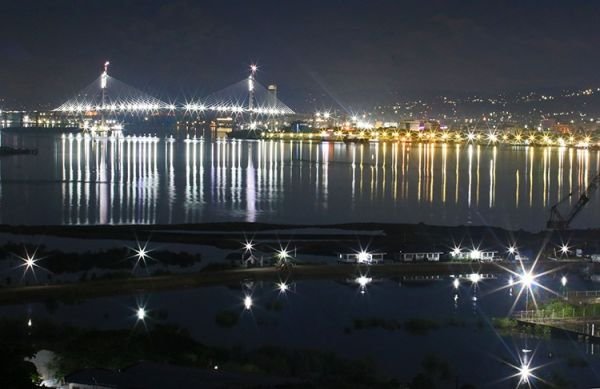Overview
Cebu, one of the progressive provinces in the Philippines, is rapidly expanding. This rapid development, however, faces a significant hurdle: energy insecurity. As the demand for electricity in the region grows each year while the supply fails to keep up, the future of sustainability is in danger.
The Growth Trajectory
Cebu has long been known for business, tourism, and industries. Due to its advantageous location, superior infrastructure, and growing economy, it is a hub of investments. The region has experienced an increase in new constructions of different projects, such as commercial, residential, and many others. This has made Cebu one of the important players in the economy of the Philippines.
Energy Insecurity: A Growing Concern
As we’ve previously mentioned, despite its economic success, Cebu is grappling with a critical issue: energy insecurity. The region’s electricity demand has been growing at an alarming rate, driven by industrial expansion, population growth, and increased commercial activities. Unfortunately, the supply of electricity has not kept pace with this demand. In addition, the rising demand has placed a strain on existing infrastructure, exacerbating the challenge.
The proposed 169 MW expansion project of Therma Visayas Inc. (TVI) in Toledo City, Cebu, exemplifies the challenges faced. While this project aims to bolster the region’s power supply, it highlights the broader issue of insufficient infrastructure and investment in energy resources.
Impact on Development
Energy insecurity has many consequences. For businesses, power is an essential input, and interruptions or irregular power supply consequently affect the operations of businesses, increase costs, and reduce competitiveness. For the residents, the occurrence of power blackouts may impact their day-to-day activities ranging from power supply to even health facilities. Furthermore, the reliability of essential services is compromised, leading to broader societal impacts. In the long run, energy insecurity can discourage investments and thus slow down the growth and development of Cebu.
Government Initiatives and Private Sector Role
Overcoming energy insecurity in Cebu demands the participation of both the government and private organizations. The energy issue has become a critical concern, and the government has been trying to improve energy security. This entails enhancing the supply through exploring different sources of energy, enhancing the infrastructure, and encouraging people to invest in renewable energy.
The private sector also has significance in this process. Entities like AboitizPower are critical in implementing business initiatives relevant to sustainable development. Thus, the private sector can assist in meeting the demand by expanding investments in renewable energy sources and improving the infrastructure.
Renewable Energy: A Sustainable Solution
Renewable energy is a possible solution to Cebu’s energy problems. The Philippines, being endowed with natural resources, can generate large quantities of solar, wind, and hydroelectric power. These resources can be utilized to provide a stable and sufficient energy source for Cebu.
The government’s goals to increase the installed capacity of solar and wind power are also positive; the government wants to double the solar power installations and triple the wind power capacity in the next 12 years. If these efforts are well sustained, they will go a long way in ensuring that the region reduces its reliance on fossil fuels, hence improving energy security and environmental conservation. In parallel, fostering community awareness and involvement in renewable energy projects will be crucial.
Challenges and Prospects
Thus, the shift towards the use of renewable energy sources is not devoid of problematic aspects. Challenges such as compliance with legal frameworks, high capital investments, and requisite technology may be seen as major challenges. Lastly, it is also important that all the players in society, including the government and business organizations, are in harmony with these processes.
However, the future of energy in this city is bright, and the problems do not seem to be beyond solution. Leveraging international expertise and funding can also play a vital role in overcoming these obstacles. Therefore, Cebu, despite the energy insecurity, has the potential to grow at a fast pace if it implements proper policies, investments, and collaboration.
Conclusion
As a province, Cebu has been progressing at a rapid pace, which speaks volumes about its potential and strategic importance. However, energy insecurity seems to be a big challenge that may overshadow this achievement. This problem can be solved by increasing the capacity of the systems, diversifying energy production, and promoting renewable energy. Thus, Cebu can ensure its energy future and further develop as one of the significant economic drivers in the Philippines.
The government will work with the private sector to realize these objectives. When it comes to energy issues in Cebu, the move towards sustainability and innovation will define the path to a new, more secure future.
Source: Power plant expansion in Cebu elated business sector


